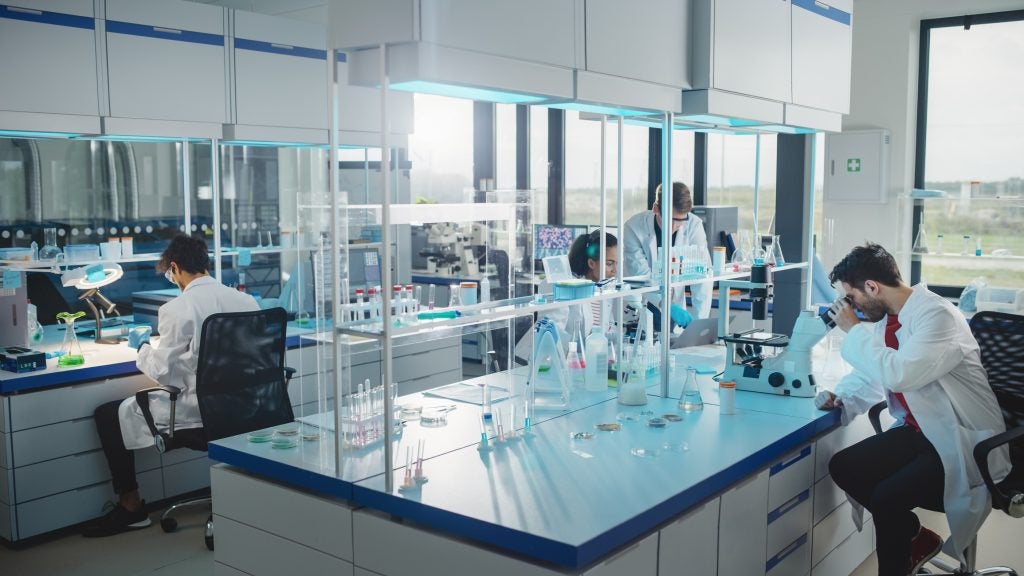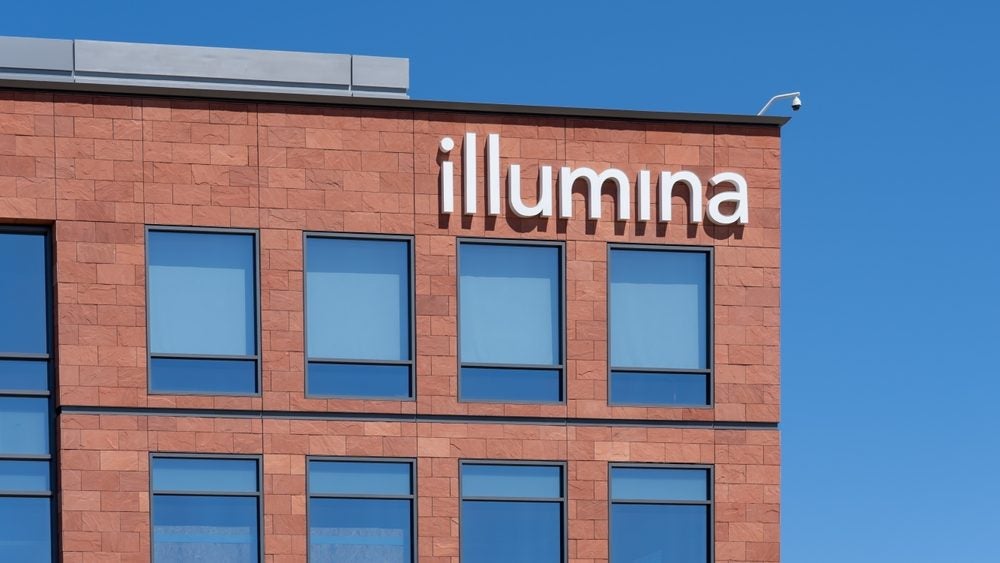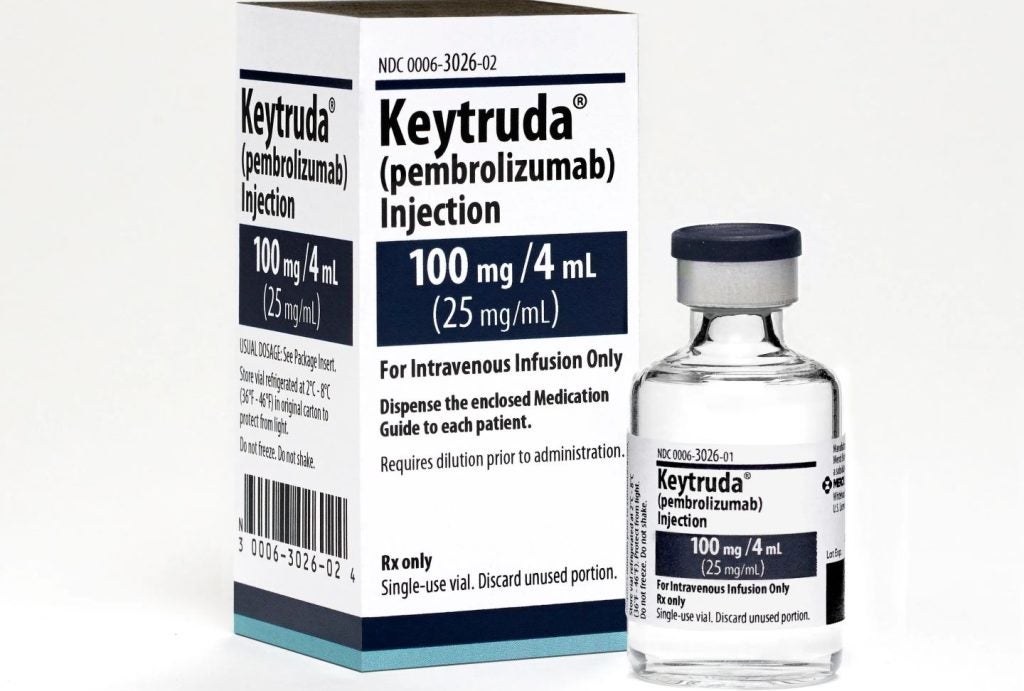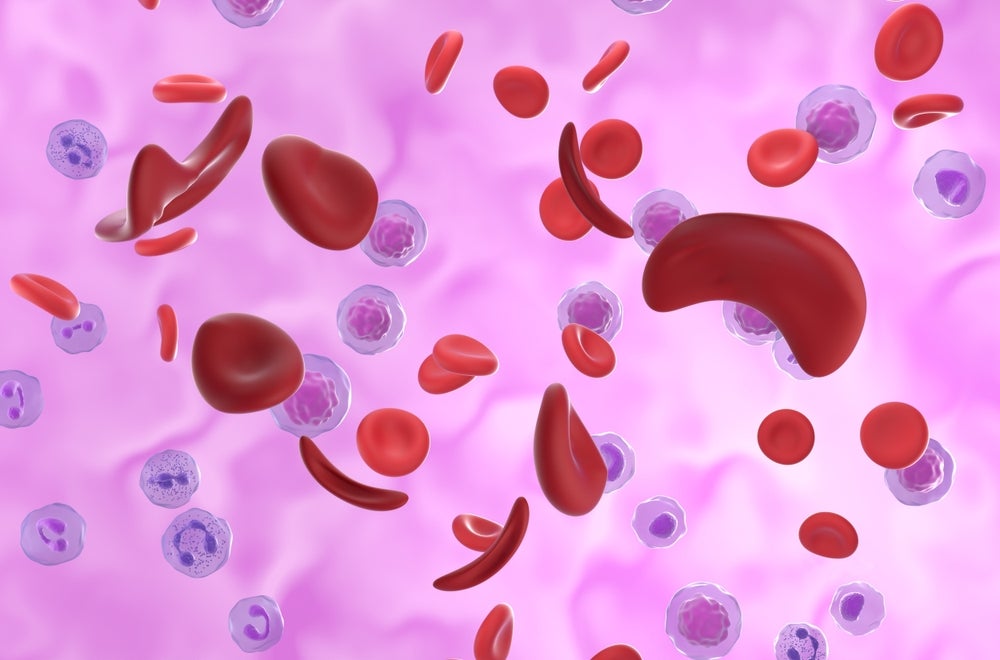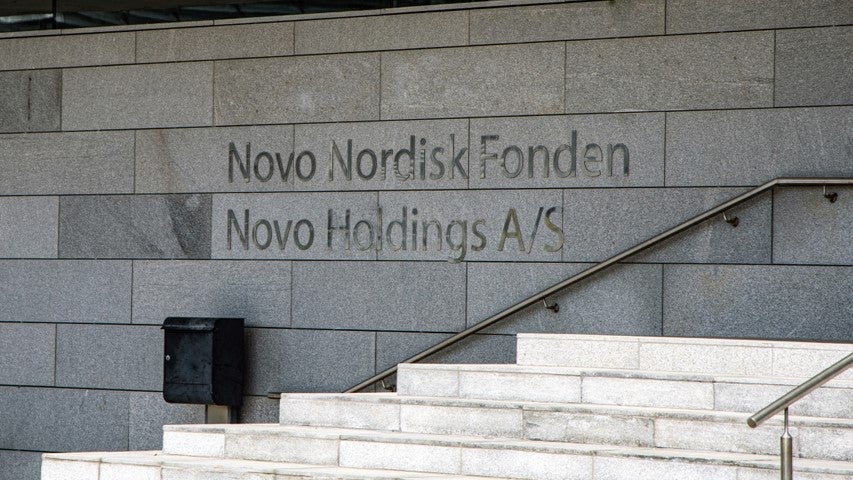US-based Anagenex and Nimbus Therapeutics are partnering to jointly discover small molecule drugs, utilising Anagenex’s artificial intelligence (AI) biochemistry platform.
Anagenex will employ its platform to generate vast amounts of experimentally measured data for each of Nimbus’ selected targets. Using this data, Anagenex will train AI models capable of generatively designing 100 million novel molecules tailored to each target.
The Anagenex platform allows for an extensive examination of the structure-activity relationships at a large scale and faster pace, aiming to identify drug candidates that are selective and potent.
Generative AI technology has shown significant promise, especially within the realm of rare diseases. the cost-cutting and time-saving advantages offered by AI have facilitated the testing of drugs that might have otherwise been deemed economically impractical.
Under the deal, Anagenex will receive an upfront payment and be eligible for milestone payments from Nimbus on each of the programmes under the collaboration. The amount has not been disclosed.
In the announcement accompanying the collaboration, Nimbus chief scientific officer Peter Tummino said: “Anagenex’s platform is highly synergistic with Nimbus’ computational and structure-based drug discovery expertise.”
Anagenex was founded in 2020 and closed a $30m Series A financing round led by Catalio Capital Management, with participation from existing investors Lux Capital, Khosla Ventures, Obvious Ventures, Air Street Capital, and Menlo Ventures last year.
AI is still trailblazing its way through the healthcare industry. According to a GlobalData report, AI in the healthcare market was worth $81.3bn last year and is forecast to grow at a compound annual growth rate (CAGR) of 35.2% to $908.7bn by 2027.
Earlier this month, pharma-giant Sanofi signed a $140m deal with Aqemia, a French pharmaceutical technology company, to utilise advanced physics algorithms and generative AI in drug discovery innovation. Absci and AstraZeneca also signed a deal this month for an AI-powered cancer antibody drug, worth up to $247m.


